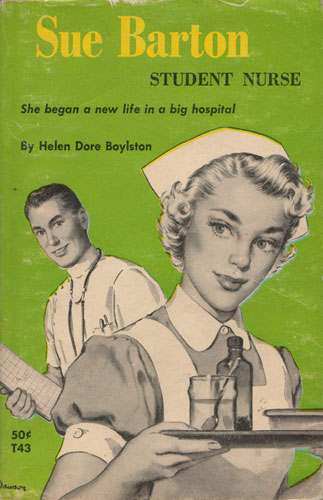"Young adult history has shifted and will continue to shift through history... kind of like a collage."
Days three of the young adult literature class kicked off our discussion of Maureen Daly's Seventeenth Summer - but before we did that, we talked about young adult literature and its history as a whole.
After talking about what analysis actually is

we kicked off a quick conversation about young adult literature as a discourse. This is based on Michele Faucault's theory on power relations. Basically, there are different modes of power - for instance, thoughts on sexuality are affected by religion and affect religion. You can see instances of this all throughout history.
"History is history is history, but it all depends on who has the power."
So instead of looking at young adult literature just as this vague genre, we're taking it from a historical point of view. We'll be looking at how young adult literature is shaped by the culture around it and how it shapes the culture around it.
Take, for instance, this handy chart. What influences young adult literature is also then influenced by young adult literature.

"Seventeenth Summer isn't just a product of the 1940s... we'll look at how the 1940s influenced the book and what the book is saying about the culture of the 1940s."
For instance, back when Seventeenth Summer first came out, there was a new emergence focusing on high school social life. For teenagers, life revolved around dances and dating. Most of the publications were specifically for men. (The magazine targeted for teen girls, Seventeen, didn't come around until a year after Seventeenth Summer was published - and it was as much about marketing as about giving girls something to relate to. Still is, to be honest!)
Back in the 1940s, the most popular books for young adults were series books - and they were gender segregated, following the third person omniscient narrative pattern. (Um, in regular terms, it's third person that knows everything about what the protagonist is thinking, as well as the characters around them. For these series, it's just kind of a smug god-like narrative.)
Sue Barton was the most popular story for teen girls for years, but had a heavily stereotyped adult voice. Howard Pease wrote popular boys adventure stories.


Luckily, that stereotyped adult voice changed in 1942, at least according to scholars. They argue that Seventeenth Summer, with it's first person voice, written by a teenager for a teenager, changed all that.

Young adult history moment: The word "teenager" was first coined in a science monthly magazine in September 1941.
Did you miss a class?:
(Syllabus)
(Day 1)
(Day 2)